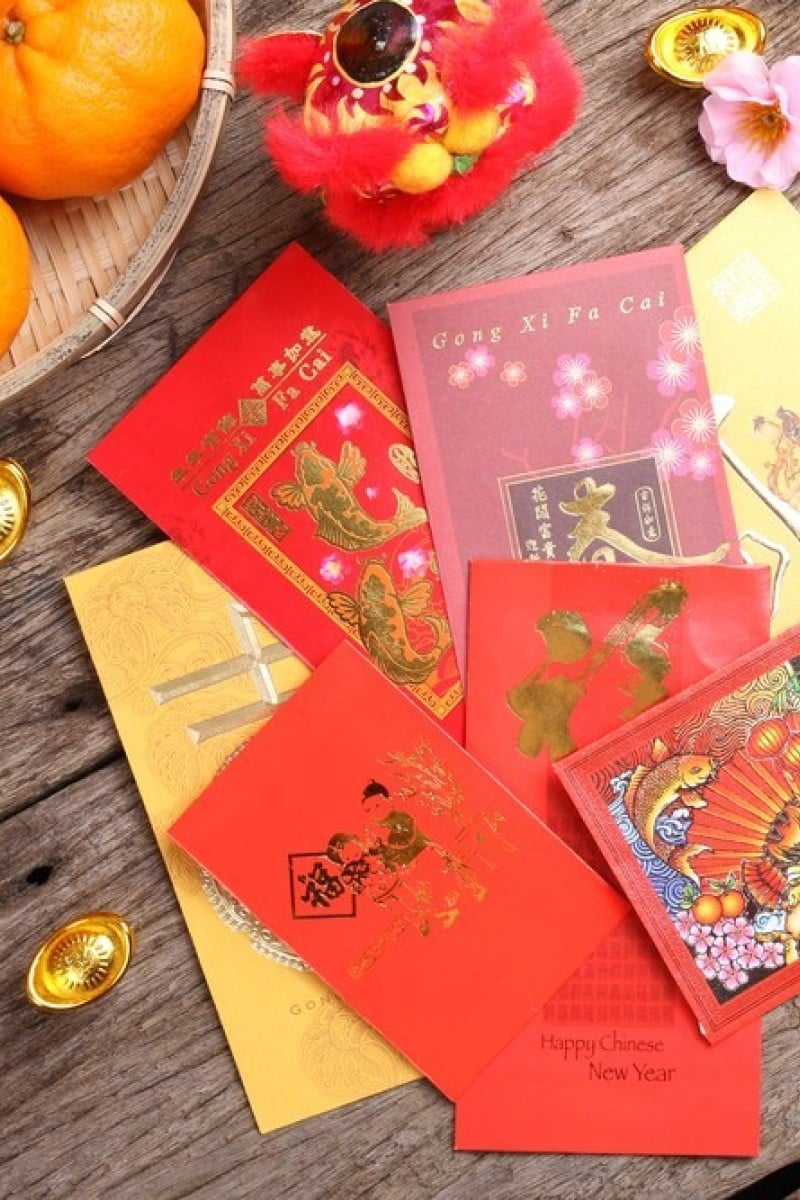
- Forget spending your lai see money on things you don’t actually need; try saving, investing or donating some of your Lunar New Year cash
- Look at opening a bank account or even putting some of your cash in the stock market instead

Christmas might be the most wonderful time of the year, but Chinese New Year is certainly the most prosperous. Thanks to the tradition of giving out red packets as a way to send blessings and good wishes during the New Year period, you will probably be flush with cash. What should you do with your new-found riches? Instead of splurging it all on something you don’t actually need, here are three things you can do instead.
Save
There’s no better time to develop the habit of saving money regularly than at Lunar New Year because you have a good chunk of change to get things started. You will need to open a savings account at a bank if you don’t have one. Many banks will not charge fees or set a minimum balance for students.
Another benefit of having an account is that it will give you an incentive to keep saving, because the bank will pay you interest on whatever you have in your account each month. Although the interest rate is currently very low (0.001 per cent for sums of up to HK$150,000), it is a good first step to earning passive income (money that you do not have to actively work to earn).
Once you’ve deposited your New Year money, consider building up your savings by regularly depositing part of your allowance or wages from part-time jobs into your account. Aim to save around 20 per cent of your weekly income; you’ll be surprised by how much you can save in just one year.
How to start saving money as a teenager
Invest
If you’ve already started a healthy habit of saving, you may want to try investing your lai see in the stock market. Don’t worry; this isn’t as scary as it sounds. First of all, you will need to open a securities account at your bank, which is separate from your savings account. If you are under 18, you’ll need your parents to open one on your behalf, and they will have to authorise all your trades.
A good type of stock to buy as a beginner is an exchange-traded fund or ETF. This is a type of financial product that pools together money from many people and invests it in a range of companies on their behalf. Because one ETF can own shares in hundreds of different companies, it can be seen as a way to diversify your investments. And unlike similar schemes that pool investors’ money, ETFs do not have any management fees.
Most ETFs will also pay a regular sum each year to their shareholders as a way of rewarding them for investing. However, as with all financial investments, there is a risk of losing part or all of your money if the overall market conditions are poor, so only invest some of your money.
5 tips to help you resist shopping for things you don't need and save money instead
Donate
Why not share some of your red packet windfall with those who are not as fortunate as you and your family? There are many reputable charities in Hong Kong that will put your donation to good use.
In addition to the large international non-governmental organisations (NGOs) that you know are trustworthy (such as the Red Cross and Unicef), there are many local charities that also serve great causes.
If you are unsure about whether a charity is legitimate or not, you can check the Inland Revenue Department’s list of charities that are exempt from tax. This proves they are an official, registered organisation.
Legitimate charities also publish a yearly report about how they have spent their donations. These are double-checked by a third party. Do some research to make sure your donations are going to the right places.
